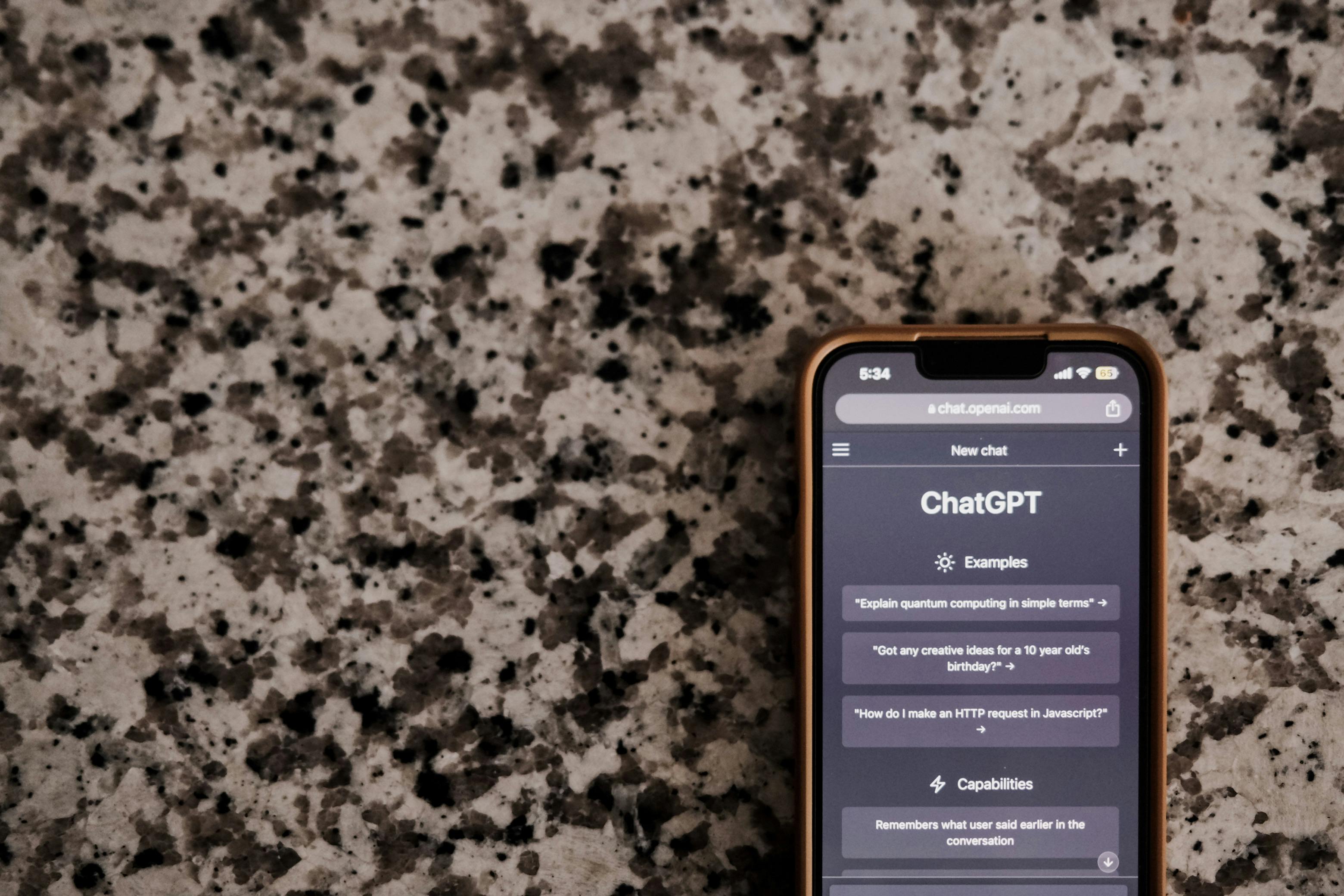Revolutionizing Faith: The Emergence of ChatGPT-Powered Churches

Living in a tech-driven era, we're consistently astonished by how emerging Artificial Intelligence (AI) solutions reshape the way several sectors operate, religious institutions being no exception. The arrival of ChatGPT-powered churches elucidates how religion is adapting to these technologies, not only modernizing their means of interaction but also getting their messages across more effectively.
The Evolution of Artificial Intelligence in Churches
The evolution of AI technology has had a profound impact on different industries across the globe. Nowadays, it's not uncommon to find AI services and products employed to mimic human intelligence, employ problem-solving techniques, or interpret complex data. The church has also become a part of this AI revolution, using sophisticated algorithms and machine learning models to evangelize, enlighten, and interact with their congregation. The concept may appear somewhat unconventional, but it shows the extent to which technology is penetrating every aspect of human life.
ChatGPT: A Technological Marvel in the Church’s Toolbox
One specific AI tool making waves in religious entities is ChatGPT, a highly intelligent model that can simulate human-like conversations. By utilizing this, churches are able to establish dialogues that are the most human-like possible, forever revolutionizing religious communication. ChatGPT excels at understanding the context, mimicking the tone and style of the conversation, and responding promptly, making it ideal for digital evangelism.
The Influence of AI on Spiritual Learning and Worship
The inclusion of AI into places of worship has significantly influenced spiritual learning and practices. Essentially, it aids in creating an engaging, interactive platform for worshipers to learn about their faith. For instance, ChatGPT can act as a virtual religious guide, contributing to theological discussions, delivering religious content, or answering queries related to the belief system. Through AI, churches can provide faithfuls with quick, precise answers to their doubts, fostering a better understanding of spiritual values and principles.
Overcoming Challenges and Ethical Concerns
Despite its myriad benefits, the incorporation of AI in churches isn't without its challenges. A prominent issue arises from the ethical implications of integrating AI and religion. Questions and concerns about whether a machine can provide accurate biblical interpretations, the redundancy of the human pastoral role, or the risk of AI manipulation are commonplace. To counter these challenges, ensuring a balanced interplay between technology and human input alongside transparent algorithms is essential.
The Future of AI-Powered Churches
As we navigate through the AI era, it's safe to say that the role of AI in churches is only likely to become more relevant. Current trends suggest that the future will see an increasing use of ChatGPT and similar AI technologies in religious settings. However, it's crucial to maintain a level of human interaction in religious activities, forging an ideal partnership between technology and the pastoral role.
In conclusion, the rise of ChatGPT-powered churches has marked a significant leap in religious communication, stirring up fascinating discussions around spirituality, technology, and their coexistence. Despite the challenges it may face, the integration of AI into religious institutions keeps showing promising prospects, underpinning how technology can exist compatibly with even the most traditional sectors. AI and faith, it turns out, might not be such an unholy alliance after all.



